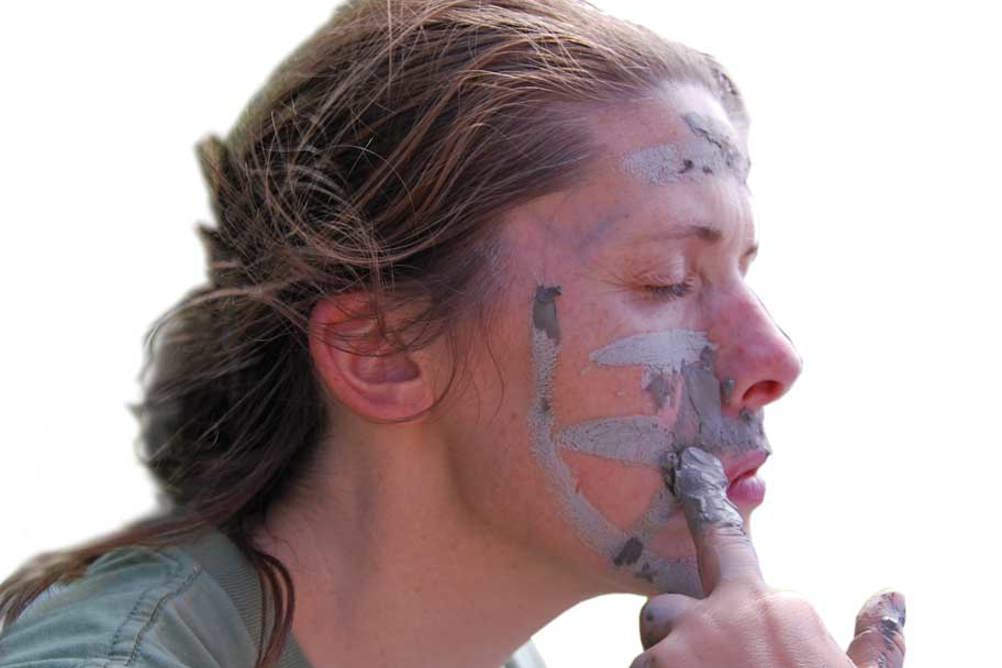outdoor resources. Liz developed the Making a Mud Kitchen book with Jan
White.

Why do you think mud kitchens and mud play are so popular?
No one invented mud kitchens, but playing in this way has been lost by so many in our ever more sterile play environments.
I was told by a lady that they took my book to show their mum in a care home and people crowded around reminiscing about how they used to play outside making mud pies and rose petal perfume.
Mud kitchens are an extremely inexpensive way to support children to access nature and the outdoors on a regular basis. All you need is a small space to start and a few recycled pots and pans.
On our website, we have a map for people to post their mud activities - we have posts from as far away as Canada. As part of our mud campaign, we have given out 18,000 free copies of the book, which is now only available for free as a pdf to download from our website.
How did you get involved in forest schools?
I started off working with young adults on youth expeditions and outdoor pursuits. I then became an environmental educator for the Peak District National Park, working with much younger groups.
These both led on perfectly to forest school where I became a leader in 2000, training with Bridgwater College. Since then I set up and ran a forest school training company and now run a forest school for my son's class on a voluntary basis.
With forest schools, you see the impact of nature on children - not just for one week on a trip away but weekly, and with mud kitchens you can see it every day. So I feel like I started all this in mountains miles away and gradually it's got closer in the local woods, and now it's in our back yards.
How did you come to set up Muddyfaces?
While I was running forest school training, many of my students struggled to find good-quality resources and I ended up dashing around, sorting the kit out for them. This was the starting point for Muddyfaces.
Every year, new and exciting ideas are developed. This year, we plan to expand our natural wood resources, all sourced from sustainably managed woodlands in the UK. An important part of this is supporting local crafts people, such as coppice workers who manage the woodlands.
We also bring out free downloadable resources, and are launching our first catalogue soon.









